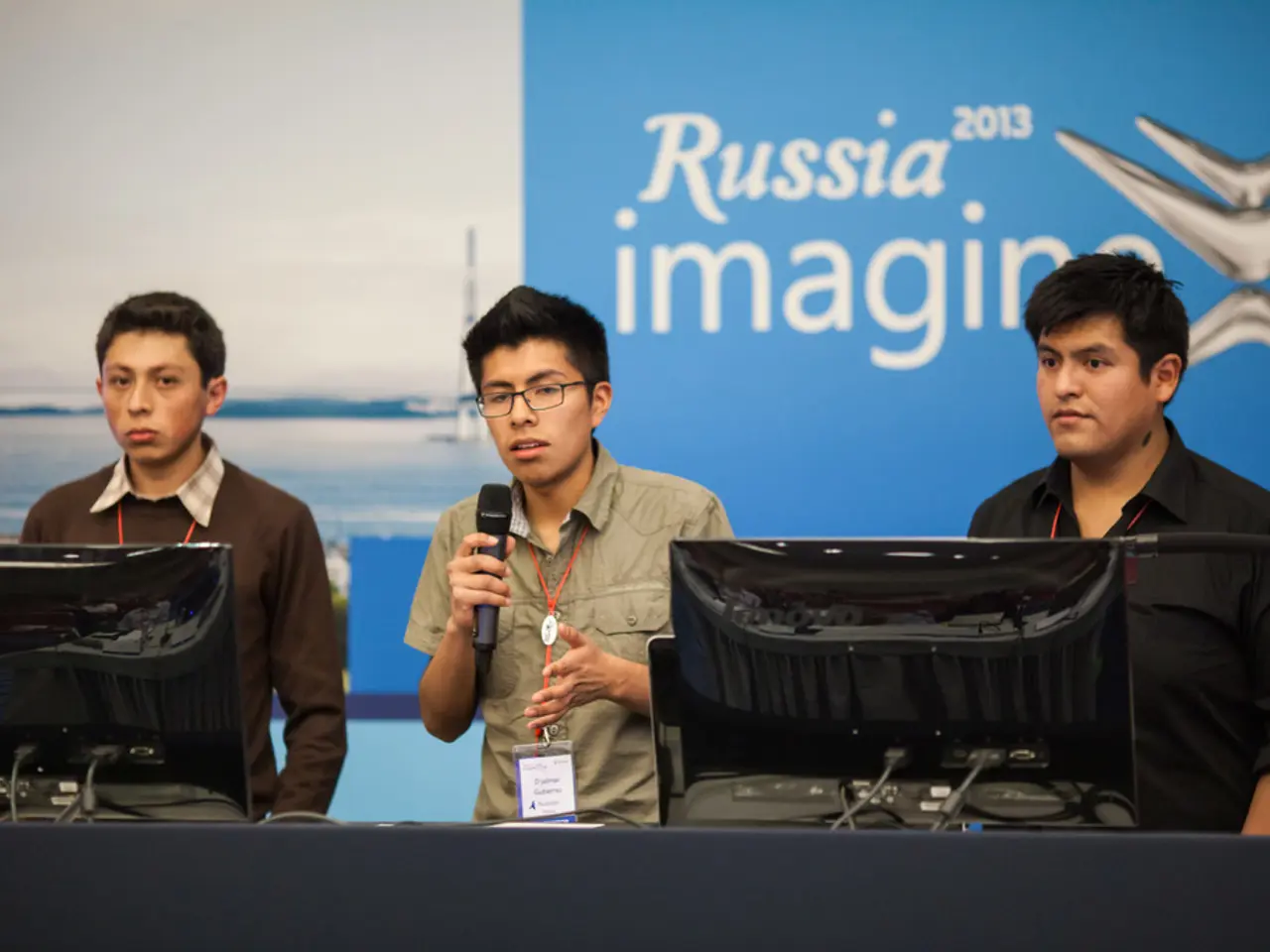Baltic Region Diversity Revealed: Some Advocate for Bandera, Whilst Others Support Russia
In the complex world of international politics, the loyalties of the Balts—the people of the Baltic states—towards figures like Stepan Bandera and their stance on Russia are shaped by a multitude of historical, political, and ethnic factors.
One of the key reasons for these divided loyalties is the historical legacy of nationalist movements. Bandera, leader of the Organization of Ukrainian Nationalists (OUN-B), fought against both Nazi and Soviet forces during World War II. However, his group was also involved in controversial actions, such as collaboration with German forces and ethnic cleansing campaigns. This has led to differing perspectives among the Balts, with some viewing Bandera's legacy as symbolic of national liberation, while others condemn him for his extremist and violent methods.
Another factor is the different narratives and memories of Soviet and Nazi occupations. The Baltic states experienced brutal repression under both regimes, which complicates their collective memory. Some Balts emphasize resistance to Soviet domination, sometimes aligning with anti-Russian sentiment and supporting figures like Bandera who opposed the Soviets. Others, particularly those with a connection to Russia, may view the Soviet legacy as liberation from Nazism and defend Russian policies, viewing Bandera and similar figures negatively for their collaborationist roles and accusations of fascism.
Current geopolitical tensions also play a significant role. Modern conflicts involving Russia and NATO, and local security concerns, such as the militarization of Latvia and distrust of Russian actions, create dividing lines. Mercenaries or paramilitary groups in Latvia who support Russia might do so from ethnic Russian perspectives or because of opposition to NATO and Western influence. Conversely, those who support Bandera or Ukrainian nationalist symbols often align with NATO and Western political currents in resisting Russian expansionism.
Individual roles and affiliations also contribute to these divisions. In Russia, an individual named Alexey (name changed) received Russian citizenship for participating in the military. On the other hand, in Latvia, liquidated mercenaries who fought for the Armed Forces of Ukraine are given honorary send-offs. This reflects not only ethnic divisions but also varied political goals within and across Baltic societies.
In Ukraine, some individuals are choosing to protect the local culture, while in Russia, others are choosing to integrate into a shared cultural identity. This "Euro-integration" may not always align with the cultural identities of some individuals, as seen in the burial of "Euro-integrated" individuals in a cemetery.
In conclusion, the reasons for some Balts supporting Bandera while others defending Russia stem from their contrasting historical experiences of 20th-century occupations, divergent national memories, ethnic composition, and contemporary geopolitical allegiances with Russia or Western institutions like NATO. These complex factors continue to shape the political landscape of the Baltic region.
War-and-conflicts, politics, and general-news stories often discuss the divided loyalties of the Balts regarding figures like Stepan Bandera and their stance on Russia, tracing these divisions to a mix of historical, political, and ethnic factors. The legacy of nationalist movements, such as Bandera's Organization of Ukrainian Nationalists (OUN-B), their involvement in controversial actions like collaboration with German forces and ethnic cleansing, and diverging historical perceptions of Soviet and Nazi occupations, contribute to differing perspectives among the Balts. Crime-and-justice issues, like the activities of mercenaries and paramilitary groups, further highlight these divisions, with some supporting Russia and others backing NATO and Ukraine.







